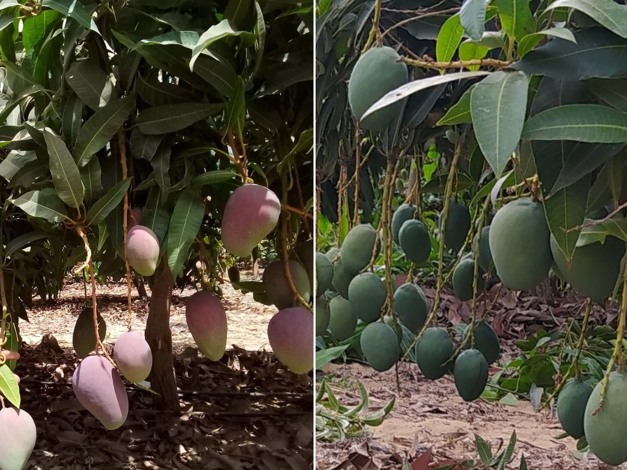The end of the Egyptian mango season is just a few days away. Mahdi Salem, technical director of Sherouk Land for Agricultural Development, looks back on a particularly successful season.
"Our campaign ends on November 15, although only the Keitt variety in sizes from 350 to 900g is still available. On the local market we will continue to supply until early December," says Salem.

"Overall, the success of the campaign exceeded our expectations, with export volumes and prices higher than last year. There was strong demand from Arab countries, followed by Russia and the European markets," adds the producer.
The main destination for Egyptian mangoes this year is Saudi Arabia, with volumes exceeding 34 thousand tonnes, representing a growth of 60% compared with 2021. Egyptian mangoes are also exported to European markets, Russia, Ukraine, the United Arab Emirates, Omar, Qatar and Lebanon. Last year, Egypt exported 76,470 tonnes, making it one of the world's top 10 mango exporters. Pending official statistics for the current season, Salem points out that export volumes have undoubtedly increased.
The mango industry, however, is facing an increasingly challenging climate, says Salem, "The sudden variations in temperature during the flowering phase was the biggest challenge we faced this year. We've had to step up our farming operations, such as treatment and irrigation, to help the fruit cope with the stress."
For more information:
Mahdi Salem
Sherouk Land for Agricultural Development
Tel: +20 102 462 6544
Email: [email protected]
